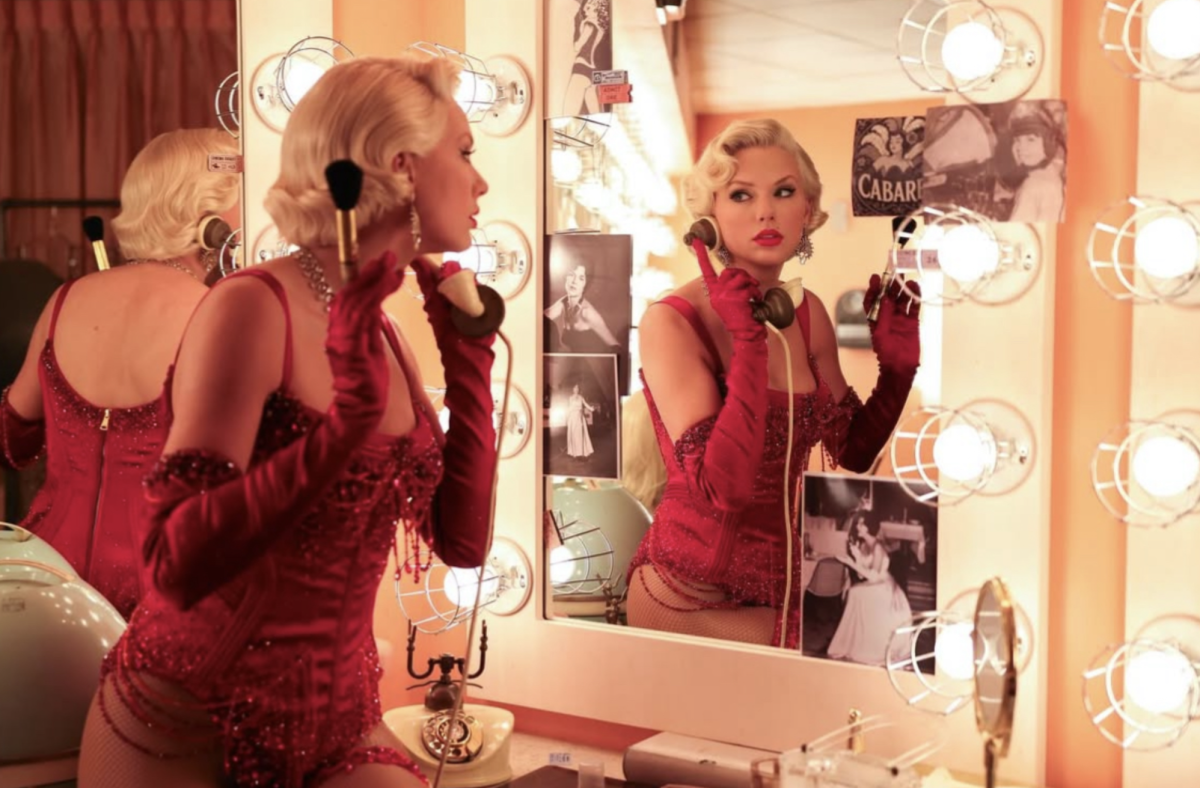We often forget the duties of citizenship in a democracy. We think of our participation in government as beginning and ending on Election Day. The rest of the year, we feel that government is something totally separate from us. We think that we are not responsible for our government’s actions and helplessly blame our leadership when we believe mistakes have been made.
After an article about my experiences in Iraq was published in THE HOYA (“The Human Faces of War,” Feb. 13, 2007, A1), a number of students have asked me a strange question: “How does it feel to fight for a democracy when you are giving up all of your freedoms within the democracy?” I think that question is flawed, and I would like to address it.
As individuals, very few of us will have the opportunity to change history. A hundred years from now, most of us will exist only in the memory of those we loved in life. There will be no national holidays, monuments or city streets dedicated in our honor. Over time, even the memories of us will fade, and we shall cease to be known on earth. It will be the successes and failures of our generation’s combined effort that will form the script by which our shared story will be remembered for years and generations to come. We each have an opportunity to contribute to that script.
So what contributions shall we make? Will we choose to abstain from participation in that which is dangerous, controversial or morally challenging? Will we allow others to take such actions while we stand aside? Will we, consumed by individualism, hoard our personal freedom so that we never take risks or make choices to which we remain dedicated?
Sitting in our living room armchairs, it is just as easy to applaud the U.S. military for doing what we as citizens fail to do, as it is to condemn those men and women in uniform who have acted foolishly, immorally and, sometimes, sadistically. It is easy to celebrate public dissent that refuses participation in that which we consider to be abhorrent. And yet, by our inaction, we do nothing to stop evil acts.
Right now, in nearly 130 countries, U.S. military personnel are representing us to people of other cultures and governments. They are forming those peoples’ opinions of who we are. But will they represent us as we wish to be represented?
The military can be a force for good in the world. According to the Department of Defense, U.S. troops are improving water supplies in Ecuador and flood barriers in Bangladesh. They are building medical clinics in Uganda and schools in Kyrgyzstan. Troops train local residents to remove land mines in Nicaragua, Vietnam and Eastern Europe. In 2006, the U.S. military delivered some 300,000 daily rations packages overseas. Soldiers dug wells, built schools and transported hospital equipment to villages from Croatia to Colombia. The army trained officials from 11 African countries to respond to disasters and deliver medical care.
Some say that despite all this good, the military is still the most visible reminder of an illegal and disastrous war. They argue that dissent is a high form of patriotism and that compliance with the government’s misguided agenda is tantamount to participation in war crimes.
But, instead, military personnel are reminders of individual service and citizenship. In the end, it is the soldier who decides how military power will be applied. It is the soldier who meets the enemy, who gives medical care to survivors and who guards and interrogates prisoners. It is the soldier who knows when he looks back at his efforts – at his failures and triumphs – whether or not he acted in a way that is moral.
Becoming involved in the military and other opportunities for national service – from USAID and the Peace Corps to the State Department and the CIA – are ways to affect our nation and the world in which we live. Of course, the government is not the only way, and we should not forget the sacrifices being made by people of many other professions such as teachers, social workers and medical professionals. But from time to time, we should ask ourselves what we are doing for our fellow Americans and citizens of the world. What sacrifices are we making to reduce violence, poverty, hunger and disease?
We often feel a concern for our own well-being that eclipses our willingness to put our bodies in harm’s way on behalf of others. We feel that our bodies and industry ultimately belong to and are controlled by us and us alone. In truth, nearly everything can be taken from us. But for the grace of God, we are all the victims of incredible violence, famine, disease, poverty and professional failure. These are things over which we exercise far less control than we like to believe, and when we attribute freedom to things that are so dependent on things beyond our control, we are likely to be disappointed, shamed and defeated. We can control our attitudes and our conscience; we can choose what is right over what is wrong. These are our only true freedoms.
Students at Georgetown have grown to adulthood while learning of the genocides in Rwanda and Darfur, of the rapid spread of AIDS and of the effects of natural disasters in New Orleans, China, Pakistan and Southeast Asia. We know about the increasingly common and deadly terrorist attacks throughout the world.
Ours is a generation with a unique perspective on the world, and we must respond. Let us look to ourselves and ask what individual sacrifices we are willing to make in an effort to influence our generation’s impact on history. Let us make the appropriate choices and live by them.
William Quinn is a freshman in the School of Foreign Service, a cadet in Army ROTC and a former staff sergeant in the U.S. Army.






